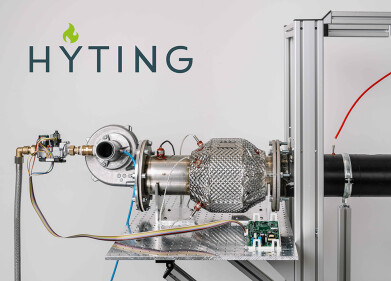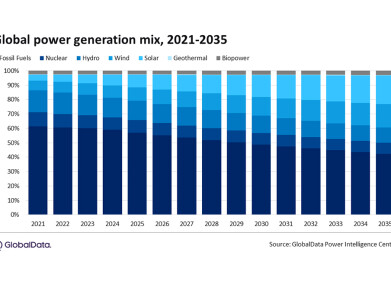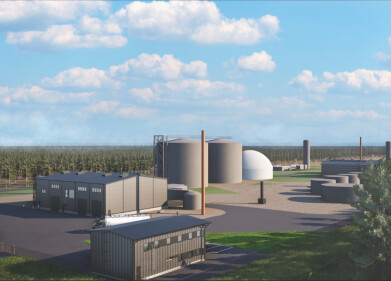Green Energy
‘Great Green Fleet’ Begins Launch with First Biofuel Aircraft Carriers
Feb 10 2016
The US Department of Defence is the biggest consumer of energy worldwide. Over one third of this energy goes into the navy, whose over-reliance on fossil fuels means spiralling carbon emissions and an insecure dependence on oil-producing nations.
In an attempt to move away from this unhealthy reliance on fossil fuels, last month the navy launched its first fleet of aircraft carrier vessels powered partly by biofuels. The ships are a central part of a greater project, known as the ‘Great Green Fleet’, intended to garner as much as 50% of all power via alternative methods of energy production in just four years.
Biofuel as the Solution?
In addition to the environmental concerns associated with the consumption of fossil fuels, the US Department of Defence were also becoming increasingly concerned with how such an arrangement could hamstring them politically and militarily.
“It gives us a strategic advantage,” explained Navy secretary Ray Mabus. “In 2010, we were losing too many marines in convoys carrying fossil fuels to outposts in Afghanistan, and the prohibitive cost of oil was requiring us to stop training at home in order to keep steaming abroad, a dangerous and unsustainable scenario.”
As a result of such quandaries, the government has pledged to move away from traditional fuel sources in favour of alternative – and hopefully more sustainable – means of energy generation. With the success that biofuel and biogas has enjoyed in the industrial sector, the US government has invested more than $500 million into biofuel which requires no conversion. The latest strain of fuel was created using beef fat from Midwestern livestock by Californian company AltAir Fuels.
Biofuel as the Problem?
However, not everyone sees biofuel as the solution; in fact, many see it as both an environmental and an economical problem. For example, the original target for the announced aircraft carriers was a blend of 50% biofuel, 50% traditional petroleum. However, due to spiralling costs, this was reduced to a mere fraction of the target, with only 10% of the mixture coming from biofuel.
It was even worse a few years ago, when the $26-per-gallon price tag attached to biofuels led to the passing of a law preventing the purchase of biofuel in large quantities by the Pentagon, except when the price was comparable to petrol. The 77 million gallons which were bought in conjunction with project ‘Great Green Fleet’ cost a far more reasonable $2.05 per gallon. However, despite the reduction in price certain quarters, including retired navy captain Todd Keifer, believe that biofuels will never make sense either economically or ecologically.
This sentiment has been echoed by many environmentalists, who are concerned about the impact that biofuels can have on the Earth whilst masquerading as a supposedly green energy. In particular, concerns have been raised over the amount of farmland, fuel and fertiliser the energy sources requires in its generation, making it actually more harmful than other sources.
The navy have responded to such criticisms by claiming that no farmland that had been previously used for agriculture and food production will be usurped by biofuel. They also comment that as the market for alternative energies becomes more and more competitive, prices will inevitably drop. Whether they will drop enough to make the pursuit a worthwhile one remains to be seen, but as things stand, the aircraft carriers represent a milestone in the Department of Defence’s energy policy.
Events
Nov 26 2024 Paris, France
Nov 27 2024 Istanbul, Turkey
H2O Accadueo International Water Exhibition
Nov 27 2024 Bari, Italy
Biogas Convention & Trade Fair 2024
Nov 27 2024 Hanover, Germany
Dec 11 2024 Shanghai, China





-as-feedstock.jpg)








